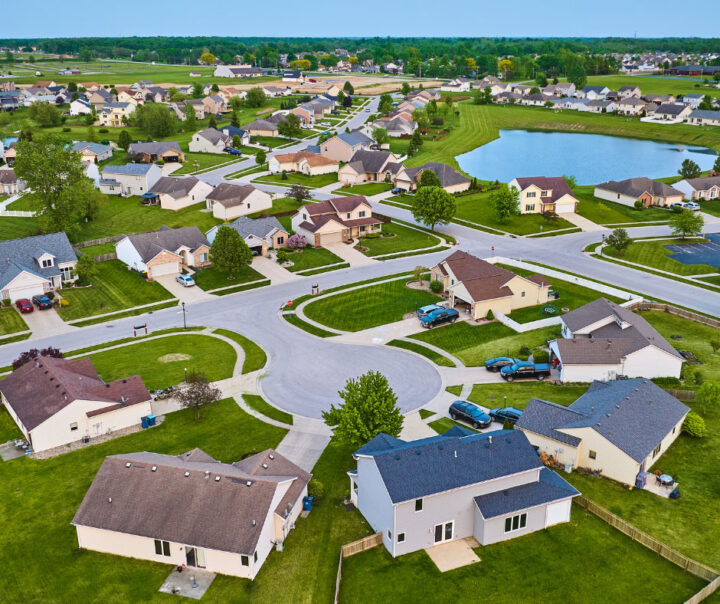While Homeowners’ Associations (HOAs) play an important role in maintaining the harmony and aesthetics of a community, there have been instances where some associations have engaged in abusive practices against homeowners. These practices, ranging from unfair fees to discriminatory actions, have led to an increase in homeowner litigation. In this blog, we will explore some potential abusive practices by HOAs that may prompt homeowners to pursue legal action to protect their rights.
Excessive and Unfair Fees
One of the common issues homeowners face with HOAs is the imposition of excessive and unfair fees. HOAs have the authority to charge fees for maintenance, repairs, and community amenities. However, in some cases, associations may abuse this power by levying exorbitant fees that are disproportionate to the services provided. Homeowners may seek legal recourse to challenge these fees and ensure they are reasonable and justifiable.
Discriminatory Practices
HOAs are required to adhere to fair housing laws and regulations. However, there have been instances where associations have engaged in discriminatory practices. These include targeting some homeowners because they might have bigger and louder families or selecting to not notify them of HOA meetings and gatherings. Homeowners who believe they have been subject to discriminatory practices by their HOA can pursue legal action to protect their rights and seek appropriate remedies.
Inadequate or Mismanaged Reserve Funds
HOAs are responsible for managing reserve funds to cover future repairs, maintenance, and unforeseen expenses. However, mismanagement or inadequate funding of these reserves can lead to financial instability within the community. Homeowners may initiate litigation to hold the HOA accountable for mismanaging funds or failing to adequately maintain the property.
Lack of Transparency and Accountability
Transparency and accountability are important for any organization, including HOAs. Homeowners have the right to access HOA records, attend meetings, and receive timely and accurate information about association affairs. When an HOA fails to provide transparency or disregards homeowners’ concerns, it can lead to frustration and potential litigation as homeowners seek to protect their rights and demand accountability.
Unreasonable Enforcement of Covenants
While HOAs have the responsibility to enforce covenants, there have been cases where associations have exhibited unreasonable and selective enforcement practices. Homeowners who believe they are being unfairly targeted or subjected to selective enforcement of covenants may choose to pursue legal action to challenge these practices and seek equitable treatment.
While Homeowners’ Associations serve important roles in maintaining community standards and amenities, it is essential to be aware of potential abusive practices that may occur within some HOAs. Homeowners should be vigilant in protecting their rights and seek legal recourse when faced with excessive fees, discriminatory practices, mismanagement of funds, lack of transparency, or unfair enforcement of covenants. By pursuing litigation, homeowners can hold HOAs accountable and help promote fair and equitable treatment within their communities.
King Law Offices is a full-service law firm with an outstanding team of professionals who work diligently, creatively, and compassionately on behalf of our clients each day. If you have a current civil conflict related to abusive HOA practices and want our team to defend you in court, contact King Law at 888-748-KING for a consultation. We have offices located across western North Carolina and upstate South Carolina. We are here to serve you and to guide you.

